
Most people don’t actually know the cold hard facts about Genital Warts. In this article you will find the basics and need to knows.
Genital warts are also called “venereal warts”, they are transmitted through sex and are extremely contagious.
There are many forms of human papillomavirus (HPV). Types 6 and 11 cause at least 90% of the genital warts and a lot of the people who actually get these two types don’t show any signs of the warts. Human papillomavirus types 16 and 18 cause 70% of cervical cancer in women. Types 6 and 11 have nothing to do with types 16 and 18.
The genital warts are small in shape and are flesh colored. They tend to grow in groups getting more and more of them. They are found around the genital region in both sexes, for women they are established on the vagina, cervix, uterus and in the region of the anus. For men, they are located on the penis and around the anus. The genital warts have also been found in the mouth and throat if the person has taken part in oral sex with a infected individual. Unfortunately the genital warts can be misdiagnosed because they can look like other skin conditions. A simply examination by your GP of the genital area throat and mouth will determine if you have the condition or not. Another unfortunate fact is that the symptoms of genital warts may not appear for several years which means it is important to have regular checks by your GP for sexually transmitted diseases.
Symptoms of genital warts.
You will have crinkled lesions that are red, pink or gray-colored in the genital and anal areas. They may grow in masses very quickly. You may experience a boost in dampness in the infected area. Itching, burning and discomfort may also be a sign as well as bleeding during and after sex. Early detection is the key so self check regularly and visit your GP for tests. If you do find symptoms for genital warts then stop any sexual contact immediately. Unfortunately even if you do find the symptoms and it does get confirmed by your doctor they can only provide you with treatment to help with the symptoms and not however get rid of the HPV. There are remedies for home treatment but it is not advisable as they may contain some harmful products. It is always best to seek medical attention and advise.


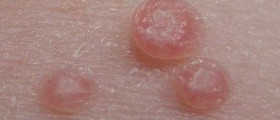
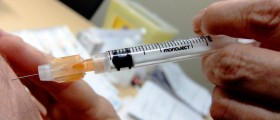

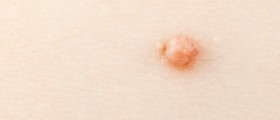

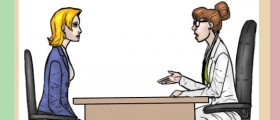

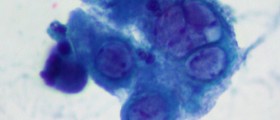


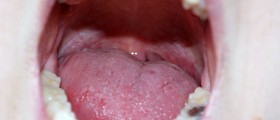


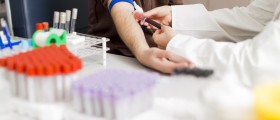

Your thoughts on this
Loading...